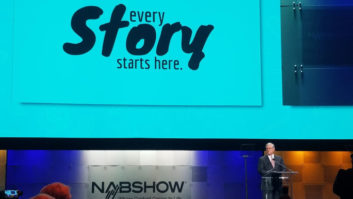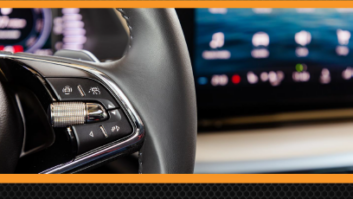Lawmakers are focused on vehicle safety as the so-called “connected” dashboard becomes more complicated, however while it doesn’t appear AM/FM radio is their immediate concern, the topic was discussed.
Sen. John Rockefeller, D-W.Va., called the hearing this week on the car of the future and dashboard implications of connectivity. The Chairman of the Senate Commerce Committee said he’s concerned about the growing entertainment and communications features in the dash. “I am not convinced so many of these devices are necessary, and I fear they serve only to further distract drivers.”
Much of the testimony concerned driverless cars far into the future and what has to happen before those vehicles become more mainstream.
At least one of the experts who testified considered using a radio in the dash safe because it takes a short amount of time.
“The first thing someone in a car should do is drive,” said David Strickland, administrator of the National Highway Traffic Safety Administration.
The NHTSA wants drivers to be able to accomplish tasks quickly, to avoid distraction … “The equivalent of handling a radio in a car,” he said.
What typically happens when people can’t get their GPS to work in the car? They pull out a handheld and start typing in an address – while the car is going 70 miles-per-hour, Strickland said. That’s not the goal.
Rockefeller said it sounds like the car is going to become a rolling office. Strickland replied the NHTSA is not accepting that premise, adding: “We want to lock-out things that are akin to dealing with a large amount of text. It’s okay to have text information read to the driver,” Strickland said, like “having a message transcribed and have it read back to you. That’s like a radio.”
Dr. John Lee, Emerson Electric Quality and Productivity Professor at the University of Wisconsin-Madison, said the problem with features like autonomous braking, cruise control and new entertainment systems is the car can unexpectedly give control back to the driver. “In 15 years we’ll likely be discussing whether people should be allowed to drive,” said Lee. Even small changes confuse drivers, he said noting that distraction remains a long-standing safety problem that entertainment systems can exacerbate.












